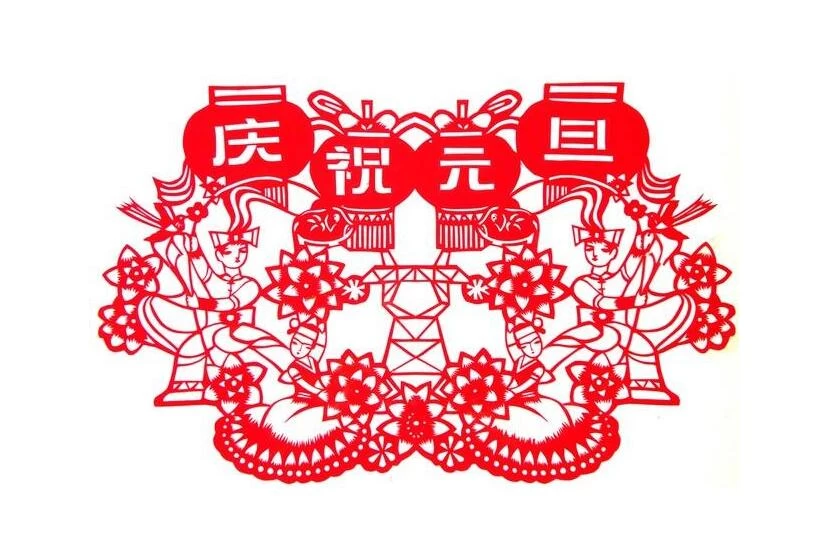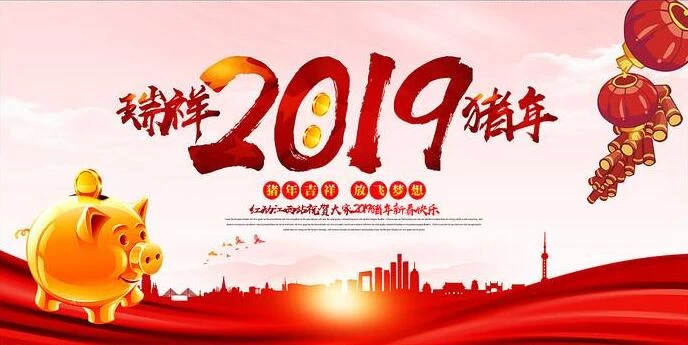Chinese New Year's Day
The earliest origin of New Year's Day: Around 50,000 BC, the ancient Egyptians had changed from nomadic farming to farming, settled on both sides of the Nile, and their agricultural harvest had a lot to do with whether the Nile had floods. The ancient Egyptians discovered from a long-term observation that the time of the flooding of the Nile was regular. They recorded this time on the bamboo raft, and learned that the time between the two floods was about 365 days apart, so the ancient Egyptians put This day is set at the beginning of the year;
In Chinese, "Yuan" is the beginning, that is, the first; "Dan" is the meaning of a day or a morning, and the two words collectively refer to the first day of the New Year. But this was not fixed from the beginning;
In the calendar, people used to call the earth turn around the sun for one year for one year. However, since the earth does not have a fixed starting point and an end point around the sun, the starting point and the ending point of the year are artificially defined, which causes inconsistencies in various calendars;
According to legend, the word "New Year's Day" comes from one of the earliest emperors in China, he said that he stipulated that the first month of the lunar calendar was "yuan" and the first day was "denier." Later, some dynasties changed the date of New Year's Day, but in principle, the first day of the year is New Year's Day. For example, the first day of the first month of the Xia Dynasty is New Year's Day, but the Shang Dynasty is the New Year's Day in the first day of December, and the Zhou Dynasty is 11 again. The first day of the month is New Year's Day, and the Qin Dynasty is the New Year's Day in October. Until the Western Han Dynasty Emperor Wu, the great historian Sima Qian and others re-enacted the calendar, and stipulated that the first day of the first month of the first year is New Year's Day, and it has not changed since then;
After the success of the 1911 Revolution, it was decided to adopt the internationally popular Gregorian calendar, so the Lunar New Year's Day was changed to "Spring Festival", and the January 1st of the Gregorian calendar was called New Year's Day. At the time of the founding of the People's Republic of China, the "Year of the Year" was officially used, and January 1 of the annual Gregorian calendar was designated as New Year's Day.

















